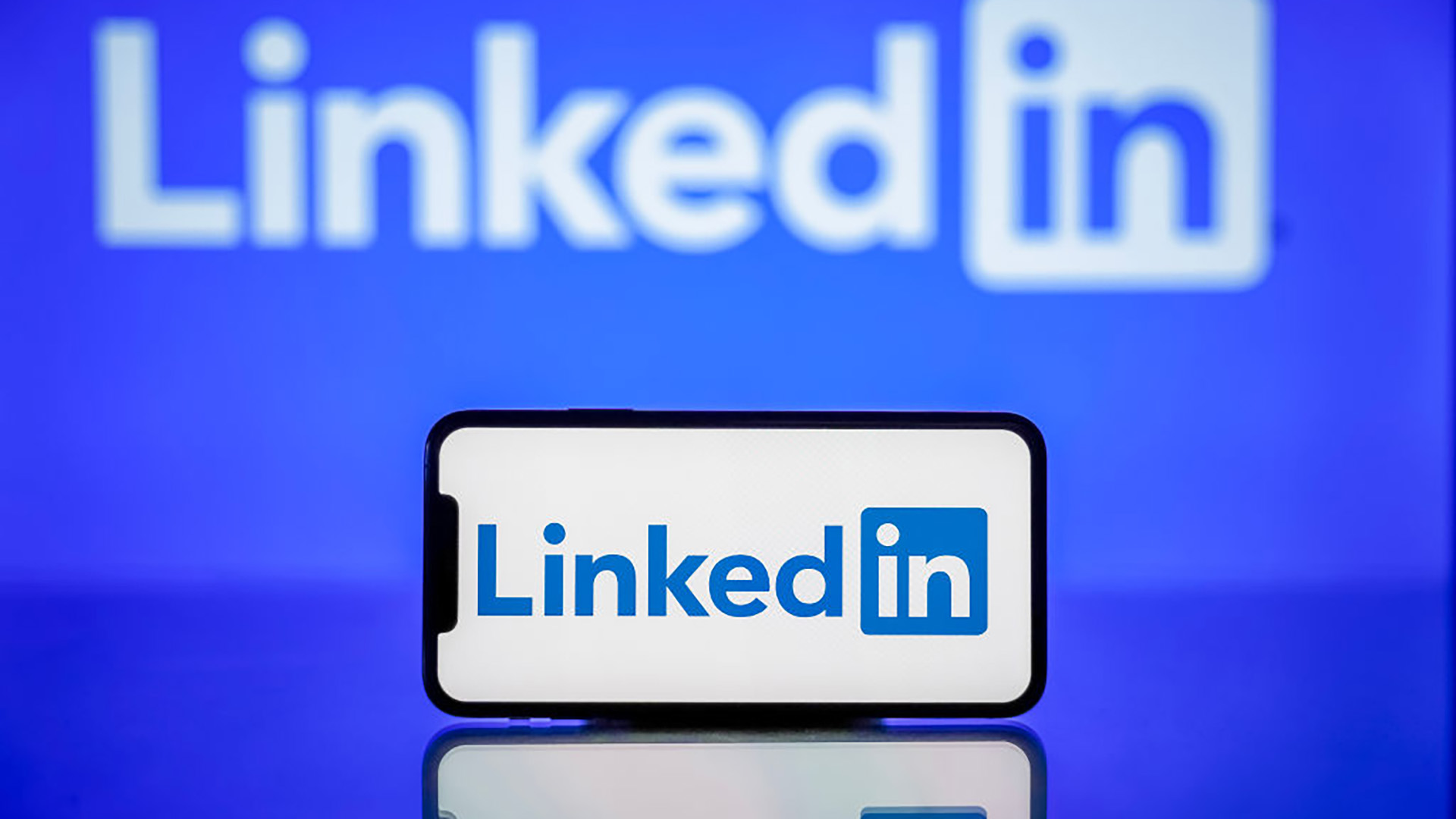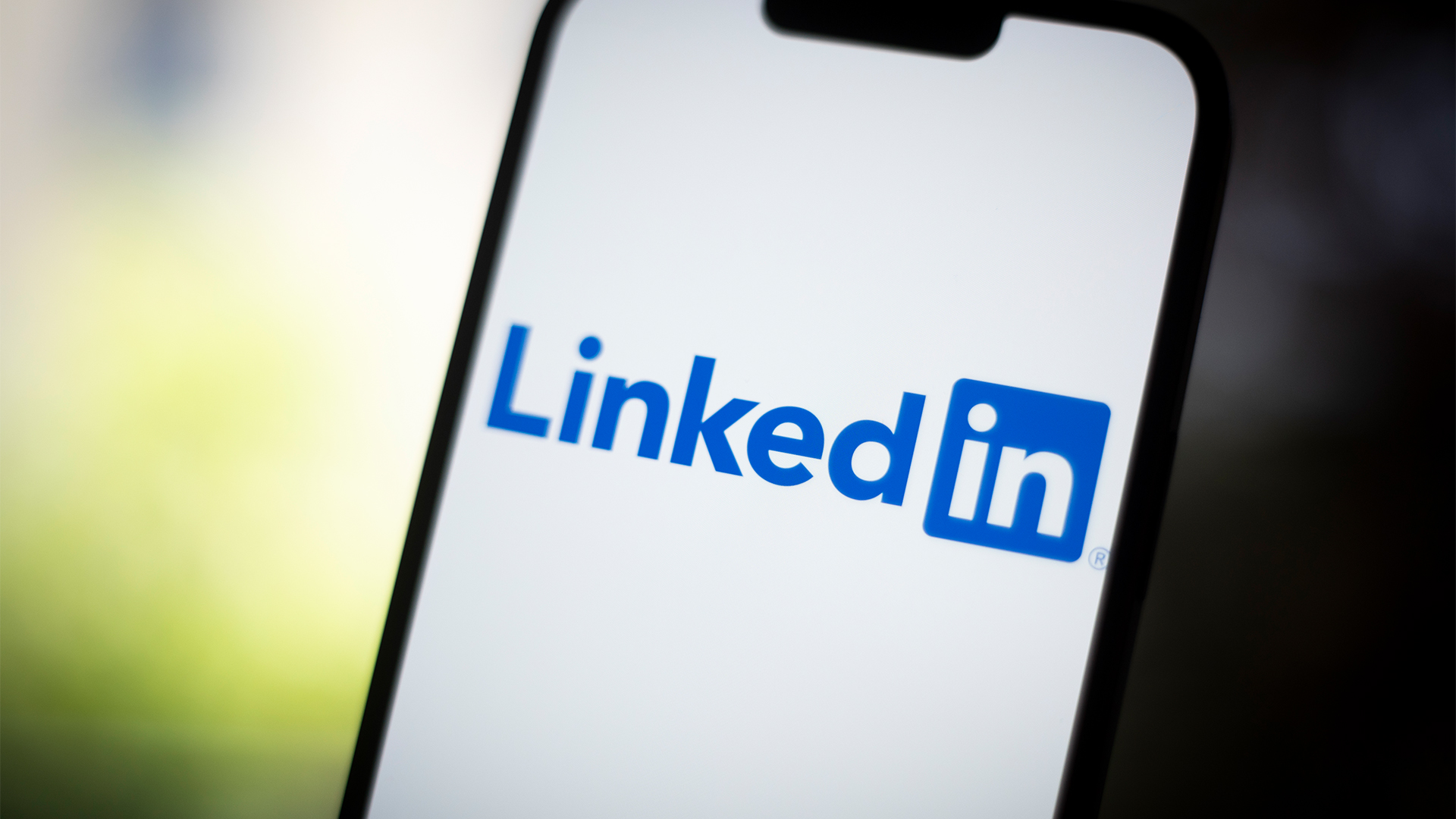Hackers are using a LinkedIn recruitment scam to snare unsuspecting jobseekers
Taking a leaf out of North Korean threat actors’ playbook, Iranian hackers are tricking jobseekers using fake job offers


An investigation has revealed details of an Iranian social engineering campaign using fraudulent LinkedIn identities to trick victims into downloading malware with fake job offers.
Clear Sky Security recently published information on the infrastructure and techniques employed in a threat campaign using a ‘dream job’ scam to target the jobseekers in the aerospace industry.
The attack has been attributed to TA455, which Clear Sky described as a subgroup of the Iranian threat actor dubbed ‘Charming Kitten’, also tracked under the names Smoke Sandstorm and APT35.
According to the report, TA455 has been using the allure of a job in the highly competitive aerospace industry to distribute the SnailResin malware, with the group using LinkedIn to approach targets with seemingly legitimate job offers.
Once the victim has been lured in, the attackers use spear phishing emails that Clear Sky likely contain malicious attachments disguised as application documents, hidden among legitimate files in a ZIP archive, and designed to fly under the radar of security scans and antivirus software.
Once executed, the malware checks the victim’s IP address and retrieves C2 server information from a series of compromised GitHub accounts, which Clear Sky noted makes it harder to detect and analyze the full scope of the attack.
Researchers highlighted a series of techniques leveraged by TA455 to evade detection, such as impersonating other threat actors, specifically the North Koran Lazarus Group, also known for perpetrating fake job scams.
Get the ITPro daily newsletter
Sign up today and you will receive a free copy of our Future Focus 2025 report - the leading guidance on AI, cybersecurity and other IT challenges as per 700+ senior executives
The campaign used a number of legitimate services such as Cloudflare, GitHub, and Microsoft Azure to conceal their infrastructure and C2 communications, and use high-level obfuscation techniques and custom code to bypass security tools.
LinkedIn gives the ‘dream job’ scams credibility
This campaign has been active since at least September 2023, according to Clear Sky, citing a threat intelligence report on the campaign from Mandiant published in February 2024
Mandiant warned earlier this year that an Iranian group was targeting the aerospace, aviation, and defense industries in Middle East countries, including Israel, the UAE, and potentially Turkey, India, and Albania.
Clerk Sky uncovered what it claims to be the first ‘dream job’ campaign in August 2022, orchestrated by the North Korean Lazarus group.
The report stated it saw significant similarities between the two campaigns, such as the deployment of malware through DLL sideloading attacks, speculating that North Korea had shared its attack methods and tools with the Iranian threat actor.
RELATED WHITEPAPER

Presenting new threat intelligence at CYBERWARCON in Arlington, Virginia, Microsoft revealed that North Korean threat actors had stolen over $10 million in cryptocurrency through social engineering attacks, many of which used LinkedIn to reach out to victims.
By approaching targets on seemingly authentic LinkedIn accounts, researchers said the group increases the likelihood of victims opening malicious attachments or clicking on links leading to compromised websites.
“By leveraging LinkedIn, a platform inherently built on trust and professional connections, TA455 seeks to gain credibility and avoid raising suspicion,” the report explained.
“Their use of fake recruiter profiles associated with fabricated companies further strengthens the deception and makes it more likely for victims to engage with their malicious links and attachments. This exploitation of a trusted platform allows them to bypass traditional security measures that might flag suspicious emails or websites.”

Solomon Klappholz is a former staff writer for ITPro and ChannelPro. He has experience writing about the technologies that facilitate industrial manufacturing, which led to him developing a particular interest in cybersecurity, IT regulation, industrial infrastructure applications, and machine learning.
-
 Should AI PCs be part of your next hardware refresh?
Should AI PCs be part of your next hardware refresh?AI PCs are fast becoming a business staple and a surefire way to future-proof your business
By Bobby Hellard Published
-
 Westcon-Comstor and Vectra AI launch brace of new channel initiatives
Westcon-Comstor and Vectra AI launch brace of new channel initiativesNews Westcon-Comstor and Vectra AI have announced the launch of two new channel growth initiatives focused on the managed security service provider (MSSP) space and AWS Marketplace.
By Daniel Todd Published
-
 LinkedIn has become a prime hunting ground for cyber criminals – here’s what you need to know
LinkedIn has become a prime hunting ground for cyber criminals – here’s what you need to knowNews Cyber criminals are flocking to LinkedIn to conduct social engineering campaigns, research shows.
By Solomon Klappholz Published
-
 LinkedIn faces lawsuit amid claims it shared users' private messages to train AI models
LinkedIn faces lawsuit amid claims it shared users' private messages to train AI modelsNews LinkedIn faces a lawsuit in the US amid allegations that it shared Premium members' private messages to train AI models.
By Emma Woollacott Published
-
 LinkedIn fined €310 million for GDPR breaches
LinkedIn fined €310 million for GDPR breachesNews The social networking platform has accepted the ruling and will implement changes to its ad tracking processes
By Emma Woollacott Published
-
 LinkedIn backtracks on AI training rules after user backlash
LinkedIn backtracks on AI training rules after user backlashNews UK-based LinkedIn users will now get the same protections as those elsewhere in Europe
By Emma Woollacott Published
-
 Hackers use LinkedIn to target UK nuclear waste firm
Hackers use LinkedIn to target UK nuclear waste firmNews Radioactive Waste Management said attackers have leveraged LinkedIn in a spear phishing campaign
By Emma Woollacott Published
-
 Best online cyber security courses
Best online cyber security coursesBest Learn new skills or update your cyber security toolkit with our top picks of paid cyber security courses for beginners and experts
By David Gargaro Last updated